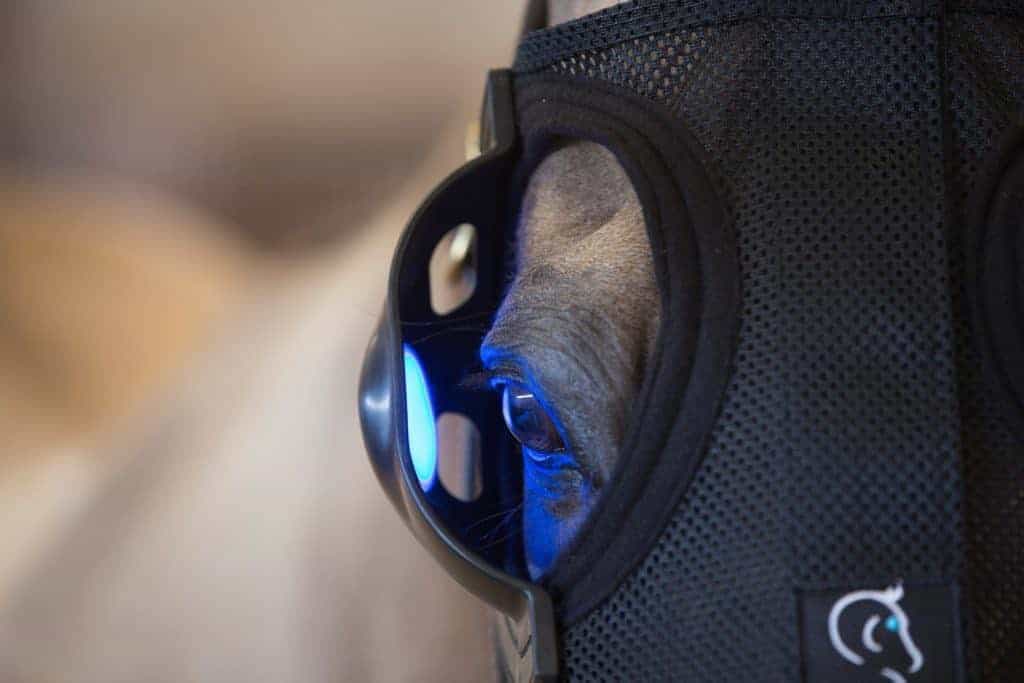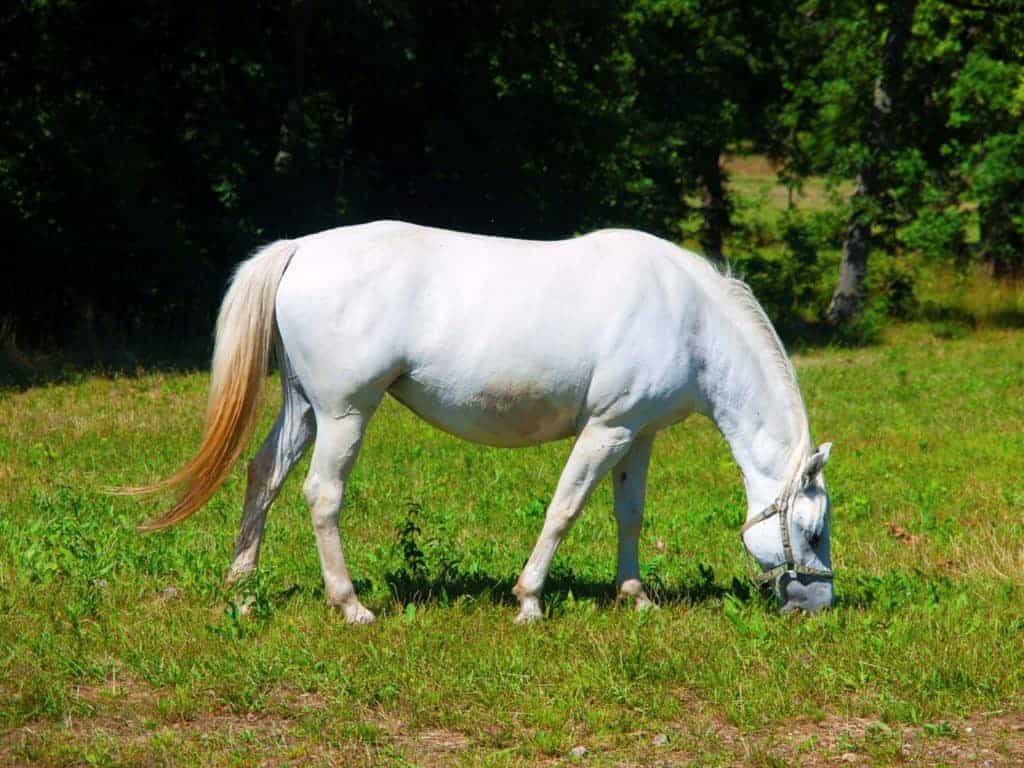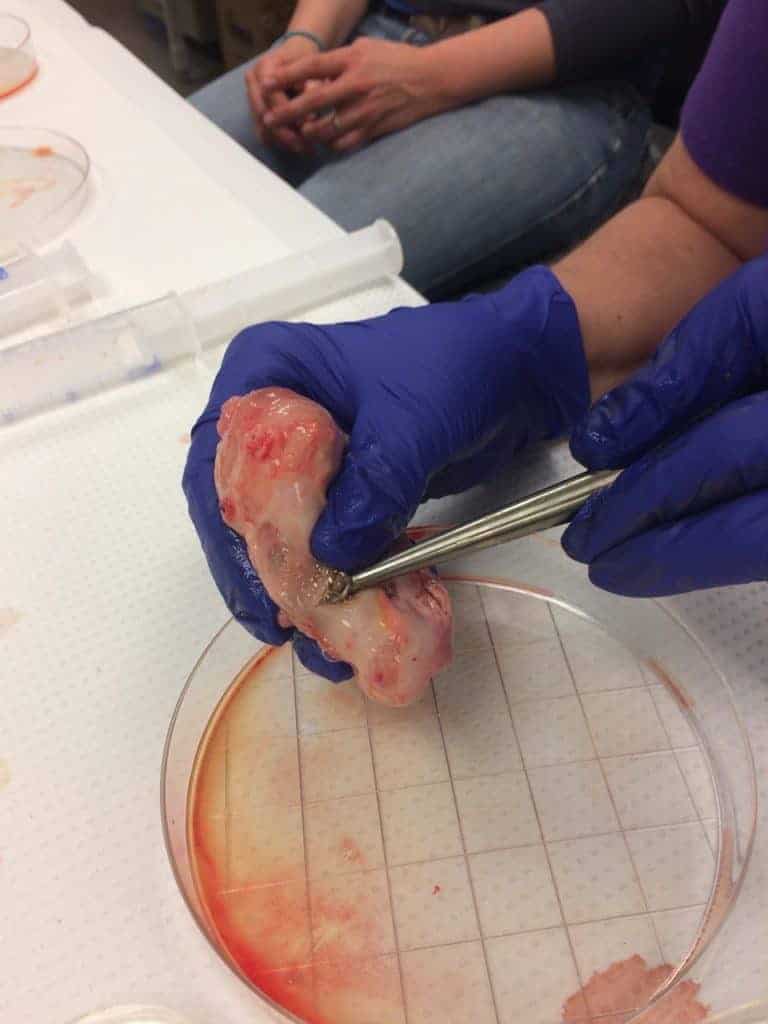
TheHorse.com’s Top Podcasts of 2017
Listen to audio features on equine learning, behavior, dentistry, metabolic syndrome, parasites, and more.

Listen to audio features on equine learning, behavior, dentistry, metabolic syndrome, parasites, and more.

Among other results, scientists found that foals born to light-therapy mares were more mature at birth and grew faster.

Study results revealed promising pregnancy rates with embryos that weren’t frozen in a laboratory but in a barn.

Researchers can now detect more than 90% of the chromosomal abnormalities in horses, including sex reversal syndrome.

An equine reproduction specialist shares tips for breeders to help them make the most of the latest research.

The event will take place Sept. 9 at Hoosier Park Racing and Casino in Anderson, Indiana.

Hormone concentrations can help diagnose reproductive problems, determine pregnancy status, and more.

Researchers found that over- and underfeeding can affect foals’ bone growth, metabolism, and testicular development.

Researchers found that obesity appears to negatively impact mares’ follicles and oocytes and, thus, their fertility.

One veterinarian describes how to use endometrial culture, cytology, and biopsy to evaluate subbertile mares.

Persistent uterine lining inflammation in horses can lead to lower pregnancy rates and increased early embryonic losses.

Traditionally when a mare died, her gene pool often went with her. This isn’t always the case these days, however.

Reproductive endocrinology can influence a horse’s overall health and well-being.

Vets can use intracytoplasmic sperm injection, oocyte transfer, and cloning to help subfertile mares produce foals.

While the actual product might still be several years away, researchers are currently testing “promising technologies.”

Mild weather could be behind higher-than-average ergovaline concentrations in tall fescue in Central Kentucky pastures.
Stay on top of the most recent Horse Health news with
"*" indicates required fields